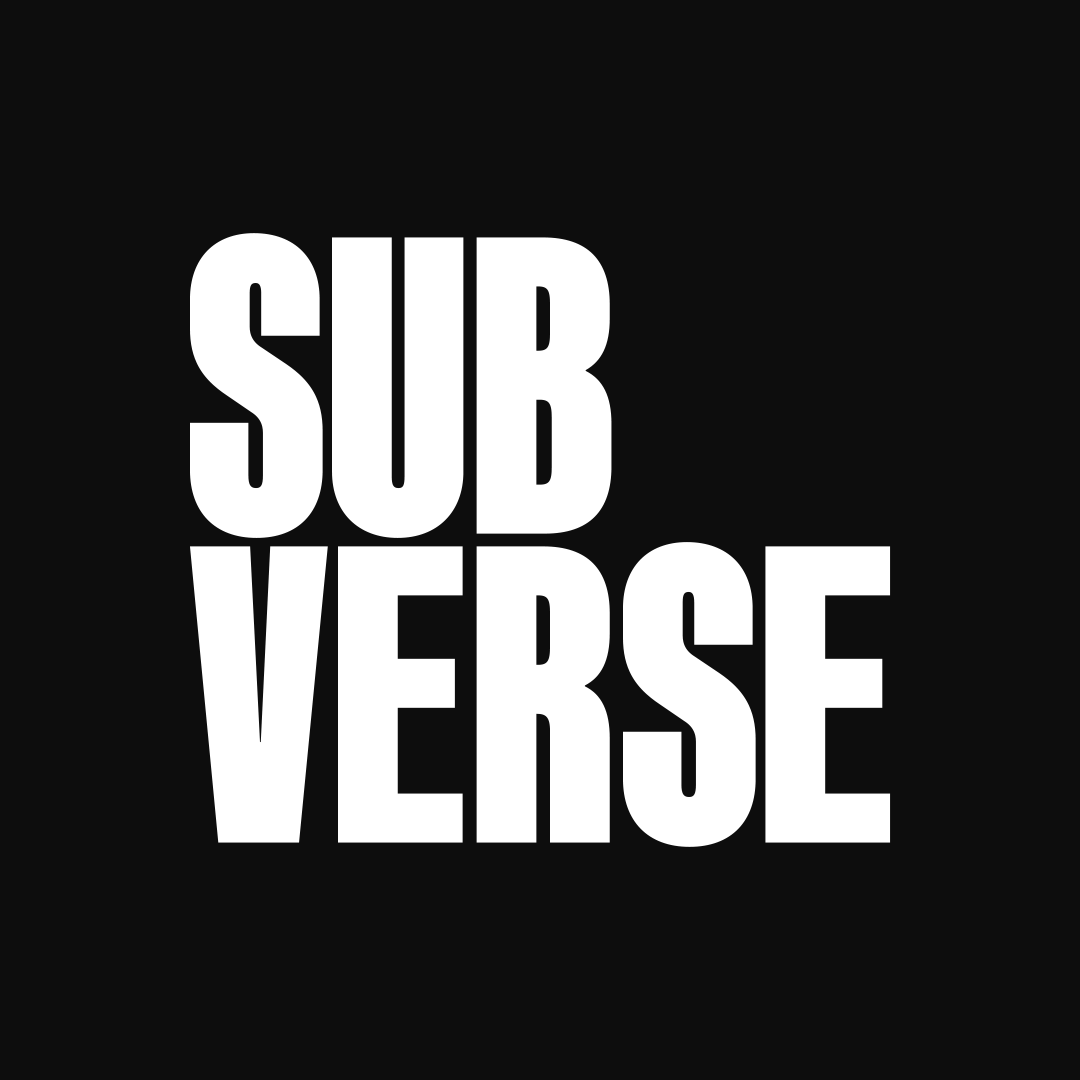The Illusion of the Neutral Builder
In his recent essay The Philosopher-Builder, Brendan McCord argues that technologists must build with moral and philosophical intention. His call is sincere and well-reasoned: those shaping the future should also wrestle with what kind of future is worth building.
But beneath that appeal lies a flawed assumption—that builders are not already working from a philosophical worldview.
They are.
The notion that today’s technologists lack philosophy isn’t just wrong—it’s dangerous. It allows dominant ideologies to pose as neutral, framing disagreement not as divergence, but as ignorance. In reality, every act of building encodes values. Every interface reflects an opinion. Every algorithm embodies a belief. Every product bets on a certain kind of world.
Calling for “more philosophy” in tech is only part of the task. We also need clarity—and honesty—about the philosophies already in play.
The Philosophies Already in Play
Take Peter Thiel: venture capitalist, technologist, and unapologetically ideological. If McCord represents the ethical architect, Thiel is the mythic founder. His worldview is anchored not in moral caution but in Nietzschean will, Straussian elitism, and Randian individualism. He doesn’t reject philosophy—he exploits it. For Thiel, boldness is virtue. Power isn’t a hazard to manage; it’s a lever to pull.
This isn’t an absence of philosophy. It’s a different philosophy—one that prizes speed over scrutiny, domination over deliberation. And it thrives in a system built to reward exactly that.
That system is capitalism.
Capitalism is the silent sieve through which all builder philosophies must pass. It doesn’t reward nuance; it rewards market fit. It selects for scale, speed, and simplicity. Philosophies that monetize and accelerate gain traction; those grounded in distributive ethics struggle for viability. Even when we build with purpose, we build within constraints that quietly dictate which purposes survive.
This Isn’t New
This debate didn’t begin with McCord or Thiel. It echoes a long lineage of philosophical conflict. Plato envisioned cities governed by philosopher-kings. Nietzsche exalted the will of the Übermensch. Mill argued for liberty through dissent. Arendt located politics in action and plurality. Marx insisted we expose the values embedded in economic systems.
What’s changed isn’t the questions—it’s the terrain. The tools move faster. The reach is broader. The defaults are harder to see. Philosophical battles haven’t disappeared; they’ve just migrated into platforms, protocols, and pitch decks.
The Problem With “More Philosophy”
McCord’s call for philosopher-builders is well-intentioned. But it risks framing the issue as a lack of reflection. The deeper problem is opacity. Builders are reflecting—they’re just not expected to say so out loud.
It’s not that philosophy is absent. It’s that certain philosophies dominate while pretending to be neutral. The builder optimizing for disruption and market supremacy is acting philosophically—just as much as the builder focused on harm reduction. The difference is, one worldview scales under capital; the other struggles to justify its worth.
If we want better systems, we don’t just need more philosophy. We need more transparent philosophy.
Building Is Never Neutral
Here’s the truth: every system encodes assumptions.
A user interface determines what’s easy and what’s hard. A machine learning model mirrors its dataset. A ranking algorithm defines what deserves attention. A business model shapes which behaviors are rewarded—or erased.
Neutrality is a myth.
To build is to govern. To design is to inscribe philosophy into structure. And capitalism is the logic that determines which structures endure. Whether it’s a chatbot, a payment system, or a social platform, each design choice shapes behavior, distributes power, and sets the bounds of possibility.
To ignore this isn’t apolitical. It’s negligent.
The Honest Builder
So what does it mean to build well?
It means naming your values. Understanding your incentives. Recognizing that every design is a political act. It means asking, again and again: Whose needs am I centering? Whose values am I embedding? Who’s being left out?
The honest builder isn’t necessarily the most moral, the most cautious, or the most credentialed. They’re simply the most aware—aware that neutrality doesn’t exist, that building is always a philosophical act, and that capitalism privileges certain philosophies while sidelining others.
Joining an Old Conversation, With New Stakes
This isn’t a new conversation. It’s an ancient one. But the stakes have shifted. They no longer live only in the university or the salon. They live in software, systems, commerce, and governance.
The future isn’t built from first principles. It’s built from first philosophies.
We don’t need more philosopher-builders. We need builders who own their philosophy—and build like it matters.
Reference
- McCord, Brendan. “The Philosopher-Builder.” Cosmos Institute, 16 July 2025, https://blog.cosmos-institute.org/p/the-philosopher-builder.
- Plato. Republic. Translated by Benjamin Jowett, Book V, 473c–474d, Internet Classics Archive, MIT, classics.mit.edu/Plato/republic.html.
- Nietzsche, Friedrich. Thus Spake Zarathustra: A Book for All and None. Translated by Thomas Common, 1891, Project Gutenberg, www.gutenberg.org/ebooks/1998.
- Mill, John Stuart. On Liberty. John W. Parker and Son, 1859.
- Arendt, Hannah. The Human Condition. University of Chicago Press, 1958.
- Marx, Karl. Capital: A Critique of Political Economy. Vol. 1, translated by Samuel Moore and Edward Aveling, Progress Publishers, 1887.
- MacKenzie, I. Scott. “Fitts’ Law as a Research and Design Tool in Human-Computer Interaction.” Human-Computer Interaction, vol. 7, no. 1, 1992, pp. 91–139, doi:10.1207/s15327051hci0701_3.
- Buolamwini, Joy, and Timnit Gebru. “Gender Shades: Intersectional Accuracy Disparities in Commercial Gender Classification.” Proceedings of Machine Learning Research, vol. 81, 2018, pp. 1–15.
- Epstein, Robert, and Ronald E. Robertson. “The Search Engine Manipulation Effect (SEME) and Its Possible Impact on the Outcomes of Elections.” Proceedings of the National Academy of Sciences, vol. 112, no. 33, 2015, pp. E4512–E4521, doi:10.1073/pnas.1419828112.

